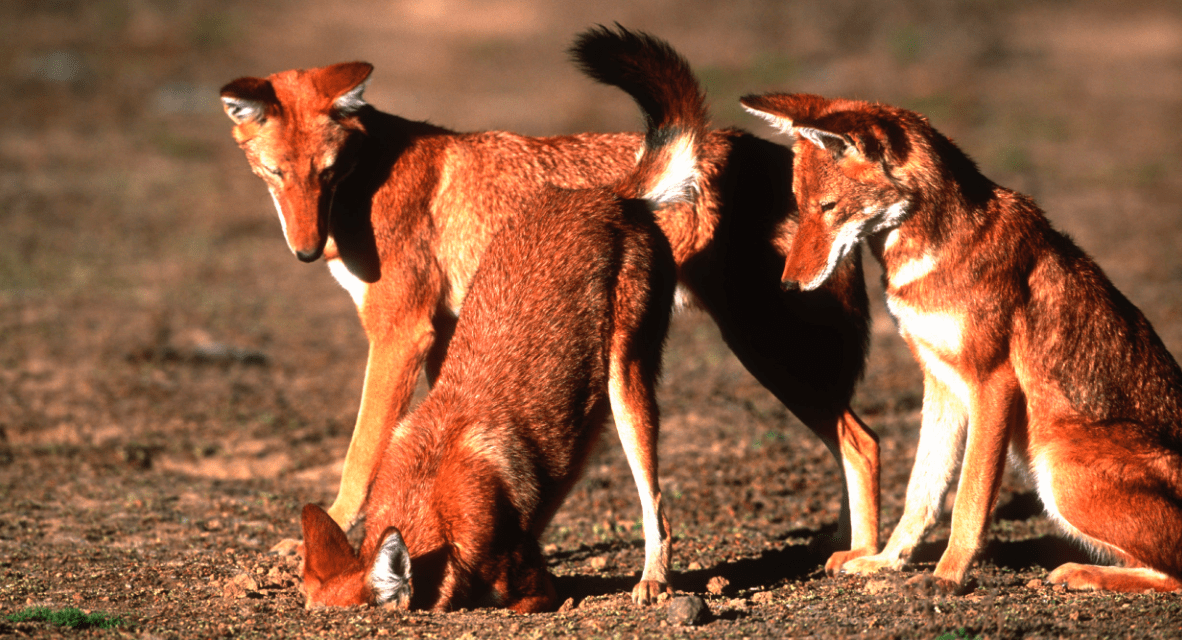Addis Ababa, 14 March 2015 (WIC) – Propelled by a 10.9% average annual growth rate since 2000, Ethiopia is attempting a major economic transformation to become a hydro-electric powerhouse and a regional airport hub. Of numerous infrastructure projects currently being constructed or planned for the near future, two in particular stand out: the Grand Ethiopian Renaissance Dam (GERD), and a huge new international airport outside of the capital Addis Ababa that will be as big as London’s Heathrow.
The GERD’s foundation stone was set in 2011, and when completed in 2017 it will be Africa’s largest hydropower structure, producing 6GW of electricity from the Blue Nile River. Besides covering Ethiopia’s growing domestic demand, the World Bank estimates that the GERD and other hydroelectric projects could earn the country $1 billion per year in electricity exports. On March 6 the country reached an agreement on principles for peaceful sharing of the Nile River with Sudan and Egypt, seeking to allay its downstream neighbors’ concerns over the GERD. The countries have a formal international agreement dating to 1959 that governs the Nile’s water allocations, and a joint technical committee was formed in 2014 to analyze the GERD’s effects on water security for Sudan and Egypt. However, the dam is a national priority for Ethiopia, and it is fast becoming a reality, so the downstream countries really have no choice but to cooperate and try to ensure their future water flows through friendly diplomacy.
The most innovative aspect of the dam is its financing, which is almost entirely Ethiopian. The $4.8 billion price tag will be met by bond offerings to Ethiopians, private companies, and even neighboring countries like Djibouti, as well as taxes (through a computerized system that makes evasion difficult). Additionally, the state-owned Ethiopian Electric Power Corporation is investing its own revenue and the money it is borrowing from state-owned banks to finance the GERD. It is a symbol of pride that the country does not have to go begging foreign donors to fund the GERD, and other developing countries may emulate the model if it succeeds.
Ethiopia also has big aspirations for its future as an air hub. Within the past decade, passengers at Addis Ababa’s Bole international airport surged from under a million per year to 7 million, just over its nominal capacity. Passenger numbers are expected to continue increasing by 18% a year. In September 2014, China Communication Construction Company began work on a $300 million contract to expand the airport’s capacity to handle 20 million passengers. The previous growth had exceeded all expectations, so the expansion (set for completion in 2018) should serve the country for the next 15 years, according to the project manager.
Separately, the government is narrowing down sites to build a mega-airport with a 70 million passenger capacity at a cost of $2.5- 3 billion. After the site is finalized in the next few months, it will take an estimated eight years to design, finance, and build the airport. With an exclusive highway that links it to Addis Ababa, the mega-hub is expected to serve the country for 100 years, and will be a main gateway to Africa. “A number of international financial institutions have already shown interest” in extending loans for the project, which will be awarded to a company in a “vendor financing scheme,” an official told the Reporter.
Ethiopia still has one of the world’s lowest per-capita income rates, but its impressive economic growth since 2000 led to a 33% decrease in the number of people living in poverty. (Blouin News Blogs)

